Venus Has LOCKED Tectonic Plates??? How Does That Work? How Are They Even Counted As Individual Plates
Venus has LOCKED tectonic plates??? How does that work? How are they even counted as individual plates if it’s the tectonic equivalent of Pangea?
it's not so much that Venus's tectonic plates are locked, it's more that it never had them in the first place!
which is a major surprise, actually, because Venus is the most Earth-like of the other planets in our solar system.
surprise?
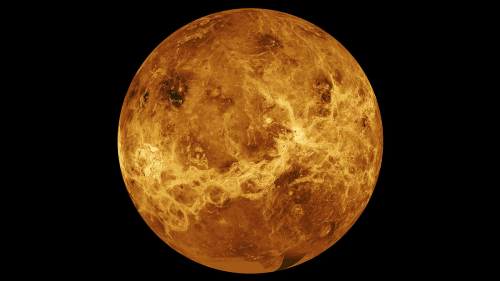
"what," you may say, flailing in consternation, "about Mars?? why are we trying to colonize Mars if Venus is more Earth-like???"
and it's a good question! Venus IS technically more Earth-like in the sense that it's right next door, is a solid 80% the size of Earth, and has both a working atmosphere and a liquid mantle composed of molten rock, BUT- it's also important to note that Venus is the hottest planet in the solar system and it rains boiling sulfuric acid at almost all times! our first probes to the damn place actually melted. MELTED.
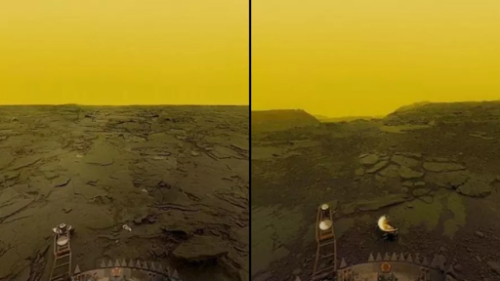
this is what Hell looks like.
BUT ANYWAY so Venus is the planet in our solar system that's the MOST physically similar to Earth, our dear mother who does not rain boiling sulfuric acid on our heads hardly at all ever, so it's kind of a shock that its geology is COMPLETELY FUCKING DIFFERENT.
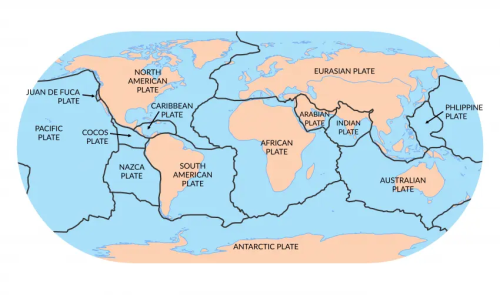
see, Earth's outer crust is broken up into a series of mind-breakingly-massive tectonic plates that sort of skid around on top of the liquid mantle, slowly drifting in different directions driven by Earth's rotation and bonking into each other randomly like a 300-million-year-long Pinball tournament!
but on Venus, the entire outer crust is a single solid piece sitting on top of the liquid mantle, like the peel of an orange.

though not as good for you. because of the whole Boiling Acid thing.
and contrary to what you might think, this actually makes Venus a VERY VIOLENT place! the outer crust twists and deforms slightly as the liquid mantle spins under it, like a water balloon being flung repeatedly against a wall by a small child, but all of that force can't really be dispersed because the crust is a single solid piece of rigid rock!
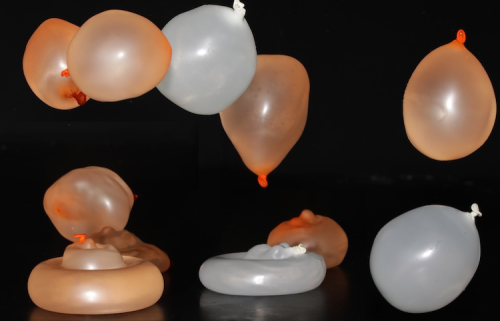
so what happens is that this force builds and builds and BUILDS until Venus can't take the strain anymore and has a very volcanic tantrum about it.

unlike the rest of the solar system, the surface of Venus is made of relatively new and entirely volcanic rock- because the entire planet is basically having a planet-wide eruption event at all times, with multiple huge volcanos just spewing gigantic amounts of liquid rock everywhere like it's their damn job, to the point where Venus is just getting resurfaced like a McDonalds parking lot every epoch or so.
aren't you glad Earth doesn't do this? I am SO glad Earth doesn't do this.
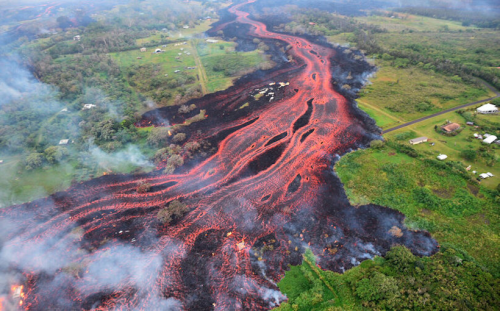
(much, anyway)
uh anyway that's why we're trying to colonize Mars instead, and why plate tectonics are a GOOD thing! thanks for coming to my TED talk bye
More Posts from Sidusglacies and Others
Polar Vortex Disruption Of January 2013
Satellite imagery of the disruption of the polar vortex in the northern hemisphere winter 2012-2013. The data show a major stratospheric sudden warming (SSW) event, linked to the distortion and reversal of the normal westerly (moving west to east) flow of air.
The large vortex (bright) over the North Atlantic Ocean at the start of the clip breaks up into several smaller vortices. This is due to air from lower latitudes (dark) becoming entrained in the polar flow, forming an anti-cyclonic region (dark, rotating clockwise) over Japan and eastern Russia, which disrupts the flow across the region.
Learn More About The Polar Vortex
Although dramatic, such events are not rare, occurring every two years on average. They can cause winds to reverse near the surface too, leading to very cold spells, especially in North America and Europe.
The brightness indicates the potential vorticity of the air, a measure of its rotation within its flow, at an altitude of 35 kilometers. Brighter regions have more vorticity.
A major SSW occurs when the temperatures in the stratosphere around the pole increases by at least 25 Kelvin within a week, causing the wind to change direction.
The data were gathered by the GEOS-5 satellite every hour between 15th December 2012 and 28th January 2013.
© GMAO / GSFC / NASA / Science Source
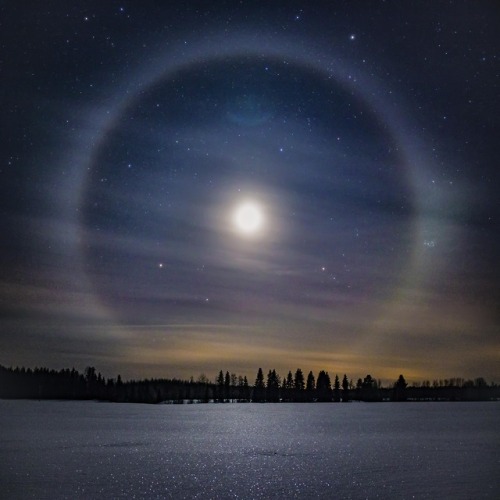
A moon halo created by ice crystal in the air


texas// us-57

And the angel said, “DO NOT BE AFRAID.”


“This is an image of the Cartwheel Galaxy taken with the NASA/ESA (European Space Agency) Hubble Space Telescope.
The object was first spotted on wide-field images from the U.K. Schmidt telescope and then studied in detail using the Anglo-Australian Telescope. Lying about 500 million light-years away in the constellation of Sculptor, the cartwheel shape of this galaxy is the result of a violent galactic collision. A smaller galaxy has passed right through a large disk galaxy and produced shock waves that swept up gas and dust — much like the ripples produced when a stone is dropped into a lake — and sparked regions of intense star formation (appearing blue). The outermost ring of the galaxy, which is 1.5 times the size of our Milky Way, marks the shock wave’s leading edge. This object is one of the most dramatic examples of the small class of ring galaxies.” Credit- nasa.gov


Neptune from Voyager 2 by NASA
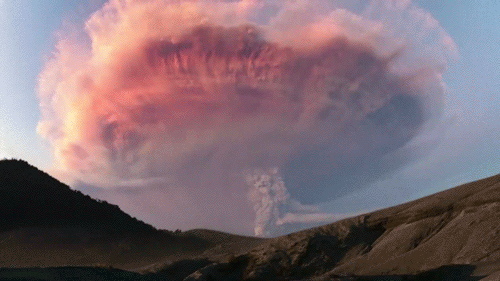
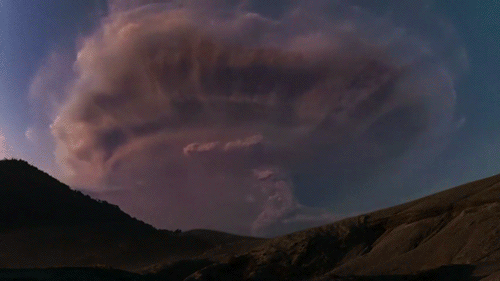
Lightning inside a volcanic ash cloud in Patagonia.
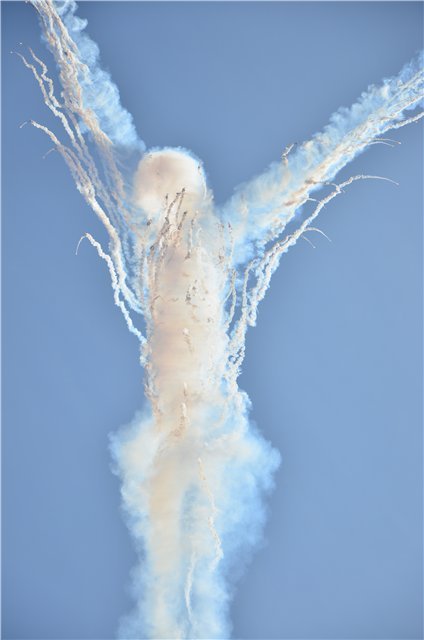
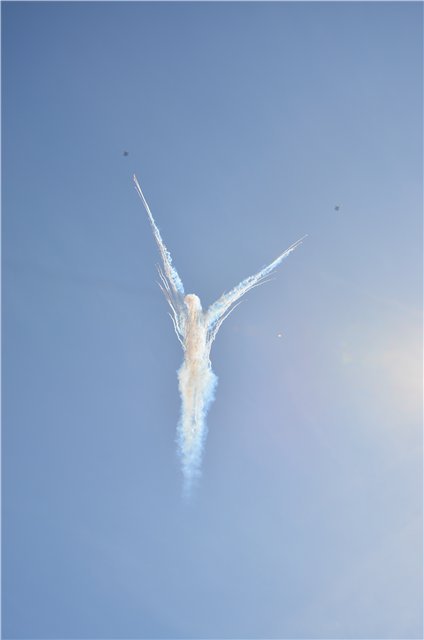

-
 petra-chor liked this · 3 weeks ago
petra-chor liked this · 3 weeks ago -
 bluebird237 liked this · 1 month ago
bluebird237 liked this · 1 month ago -
 turrtleduckk reblogged this · 1 month ago
turrtleduckk reblogged this · 1 month ago -
 turrtleduckk liked this · 1 month ago
turrtleduckk liked this · 1 month ago -
 changelingirl liked this · 3 months ago
changelingirl liked this · 3 months ago -
 tiucotheus liked this · 4 months ago
tiucotheus liked this · 4 months ago -
 miloone reblogged this · 4 months ago
miloone reblogged this · 4 months ago -
 luxaii liked this · 4 months ago
luxaii liked this · 4 months ago -
 enamel5 reblogged this · 4 months ago
enamel5 reblogged this · 4 months ago -
 enamel5 liked this · 4 months ago
enamel5 liked this · 4 months ago -
 lacunalunacy reblogged this · 4 months ago
lacunalunacy reblogged this · 4 months ago -
 woundstruck reblogged this · 4 months ago
woundstruck reblogged this · 4 months ago -
 kosyrev liked this · 4 months ago
kosyrev liked this · 4 months ago -
 weemogget reblogged this · 5 months ago
weemogget reblogged this · 5 months ago -
 weemogget liked this · 5 months ago
weemogget liked this · 5 months ago -
 bibliomancer7 reblogged this · 5 months ago
bibliomancer7 reblogged this · 5 months ago -
 montofthegue liked this · 5 months ago
montofthegue liked this · 5 months ago -
 bohemian-rhapsody-in-blue reblogged this · 5 months ago
bohemian-rhapsody-in-blue reblogged this · 5 months ago -
 no32557038 liked this · 6 months ago
no32557038 liked this · 6 months ago -
 thejazzywaffles reblogged this · 6 months ago
thejazzywaffles reblogged this · 6 months ago -
 thejazzywaffles liked this · 6 months ago
thejazzywaffles liked this · 6 months ago -
 chibi-blue-scapula reblogged this · 6 months ago
chibi-blue-scapula reblogged this · 6 months ago -
 generaldreamlandcloud reblogged this · 6 months ago
generaldreamlandcloud reblogged this · 6 months ago -
 chibi-blue-scapula liked this · 6 months ago
chibi-blue-scapula liked this · 6 months ago -
 the-god-of-bad-ideas liked this · 6 months ago
the-god-of-bad-ideas liked this · 6 months ago -
 ghost-of-kurdt-haunts-my-room liked this · 6 months ago
ghost-of-kurdt-haunts-my-room liked this · 6 months ago -
 byt3-0nline liked this · 6 months ago
byt3-0nline liked this · 6 months ago -
 itch-my-b0nez reblogged this · 6 months ago
itch-my-b0nez reblogged this · 6 months ago -
 itch-my-b0nez liked this · 6 months ago
itch-my-b0nez liked this · 6 months ago -
 missimbalance liked this · 6 months ago
missimbalance liked this · 6 months ago -
 incubator-zero liked this · 6 months ago
incubator-zero liked this · 6 months ago -
 nightbringer24 reblogged this · 6 months ago
nightbringer24 reblogged this · 6 months ago -
 insaneandlovingit reblogged this · 6 months ago
insaneandlovingit reblogged this · 6 months ago -
 insaneandlovingit liked this · 6 months ago
insaneandlovingit liked this · 6 months ago -
 queermarzipan reblogged this · 6 months ago
queermarzipan reblogged this · 6 months ago -
 queermarzipan reblogged this · 6 months ago
queermarzipan reblogged this · 6 months ago -
 thetruecrystalvixen liked this · 7 months ago
thetruecrystalvixen liked this · 7 months ago -
 peanutbutterandawesome liked this · 8 months ago
peanutbutterandawesome liked this · 8 months ago -
 cryodromeus-crypticus liked this · 8 months ago
cryodromeus-crypticus liked this · 8 months ago -
 raven031106 liked this · 8 months ago
raven031106 liked this · 8 months ago -
 mykaeba liked this · 9 months ago
mykaeba liked this · 9 months ago -
 noxiety liked this · 9 months ago
noxiety liked this · 9 months ago -
 sanddune57 liked this · 9 months ago
sanddune57 liked this · 9 months ago -
 chaoticpanenergy reblogged this · 9 months ago
chaoticpanenergy reblogged this · 9 months ago -
 pearly-sims reblogged this · 9 months ago
pearly-sims reblogged this · 9 months ago -
 sadtortilla19 liked this · 9 months ago
sadtortilla19 liked this · 9 months ago -
 bringmethepeculiar liked this · 9 months ago
bringmethepeculiar liked this · 9 months ago -
 mysticthemulticolouredmew liked this · 10 months ago
mysticthemulticolouredmew liked this · 10 months ago
